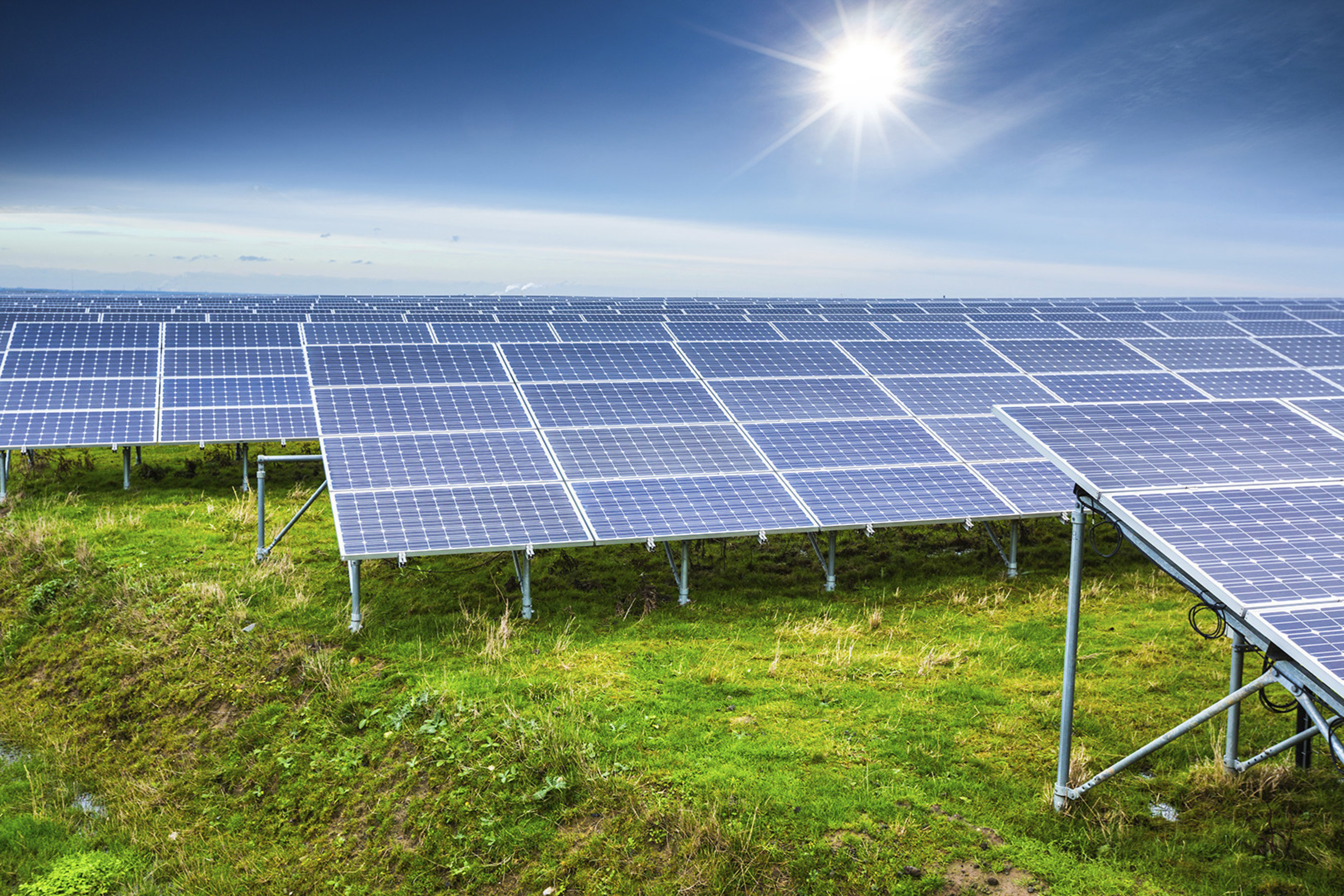
Solar Returns: Maximizing Financial Benefits
Investing in solar panels is not just a commitment to clean energy; it’s also a strategic financial decision. In this article, we delve into the world of solar panel financial returns, exploring the various ways solar investments can yield substantial financial benefits for individuals and businesses alike.
The Power of Solar Investment
Solar panels are not just about harnessing sunlight to generate electricity; they are a solid investment with the potential for significant financial returns. The upfront costs of installing solar panels are often outweighed by the long-term financial advantages they bring. Understanding the various financial aspects of solar investments is key to maximizing the returns on this sustainable and lucrative venture.
Energy Savings and Reduced Bills
One of the primary financial benefits of solar panels is the substantial reduction in energy bills. By generating electricity on-site, solar panels allow homeowners and businesses to rely less on grid power. This translates into lower monthly utility bills and, over time, accumulates into substantial energy savings. The more energy a solar panel system produces, the less electricity needs to be purchased from traditional utility providers, leading to noticeable cost reductions.
Government Incentives and Tax Credits
Governments around the world recognize the importance of transitioning to renewable energy sources and often provide incentives to encourage solar adoption. Financial benefits, such as tax credits, rebates, and grants, can significantly offset the initial costs of installing solar panels. Exploring and taking advantage of these government programs can enhance the financial returns of solar investments and make renewable energy a more financially viable option for a broader audience.
Net Metering and Excess Energy
Many regions implement net metering policies that allow solar panel owners to receive credits for the excess energy they produce. When a solar panel system generates more electricity than is consumed, the surplus is fed back into the grid. In return, homeowners or businesses receive credits on their utility bills. This dynamic system further contributes to financial returns, as solar panel owners can essentially earn money through the production of excess energy.
Property Value Enhancement
Solar panels can enhance the overall value of a property. As the demand for sustainable living grows, properties equipped with solar panels become more attractive to potential buyers. Studies have shown that homes with solar panel installations often sell faster and at higher prices than comparable homes without solar features. The increased property value becomes an indirect but substantial financial return on the initial solar investment.
Long-Term Return on Investment (ROI)
While the initial costs of installing solar panels may seem significant, it’s crucial to view the investment from a long-term perspective. Solar panels typically have a lifespan of 25 years or more. Over this period, the financial returns from reduced energy bills, government incentives, and potential earnings from excess energy production accumulate, resulting in a positive return on investment. Understanding and planning for this long-term ROI is fundamental to maximizing the financial benefits of solar panel installations.
Financing Options and Leasing
Various financing options, including solar loans and leasing programs, make solar panel installations more accessible to a broader audience. Homeowners and businesses can explore these financial avenues to mitigate upfront costs and start enjoying the benefits of solar energy sooner. Leasing programs, in particular, allow individuals to install solar panels with little to no upfront costs, making solar energy a financially attractive and feasible option.
Rise in Energy Independence
Solar investments contribute to increased energy independence, reducing reliance on external power sources and minimizing exposure to fluctuating energy prices. The financial benefits of energy independence are evident during periods of rising energy costs or supply disruptions. By generating electricity on-site, solar panel owners insulate themselves from external factors that could impact energy prices, ensuring a more stable and predictable financial outlook.
Environmental Responsibility and Corporate Image
For businesses, investing in solar panels goes beyond financial returns; it contributes to a positive corporate image. Consumers increasingly value environmentally responsible practices, and businesses that embrace solar energy are viewed as socially and environmentally conscious. This positive perception can enhance customer loyalty, attract environmentally conscious consumers, and contribute to a positive brand image, indirectly benefiting the bottom line.
Planning for a Sustainable Financial Future
As the world shifts towards renewable energy, solar panel financial returns become integral to planning for a sustainable financial future. The financial benefits extend beyond immediate cost savings, encompassing long-term returns, property value appreciation, and environmental responsibility. Solar investments offer a unique opportunity to align financial goals with ecological values, paving the way for a more sustainable and prosperous future.
To explore more about Solar Panel Financial Returns, visit ctproductsandservices.com. Maximize your financial benefits by unlocking the potential of solar investments for a brighter and sustainable future.





.jpg)


